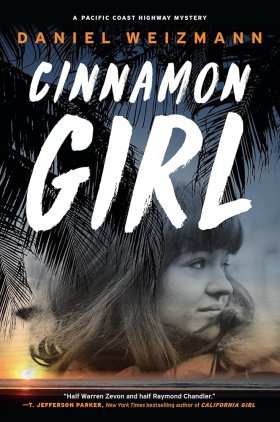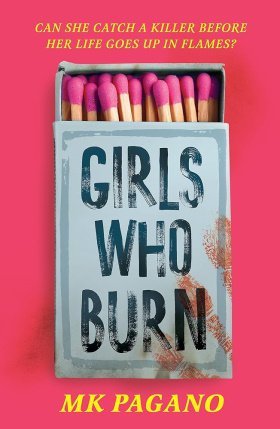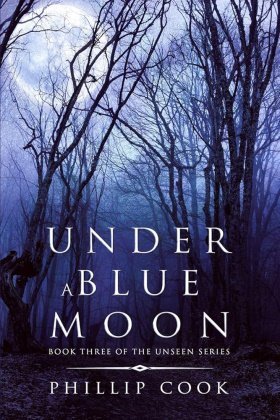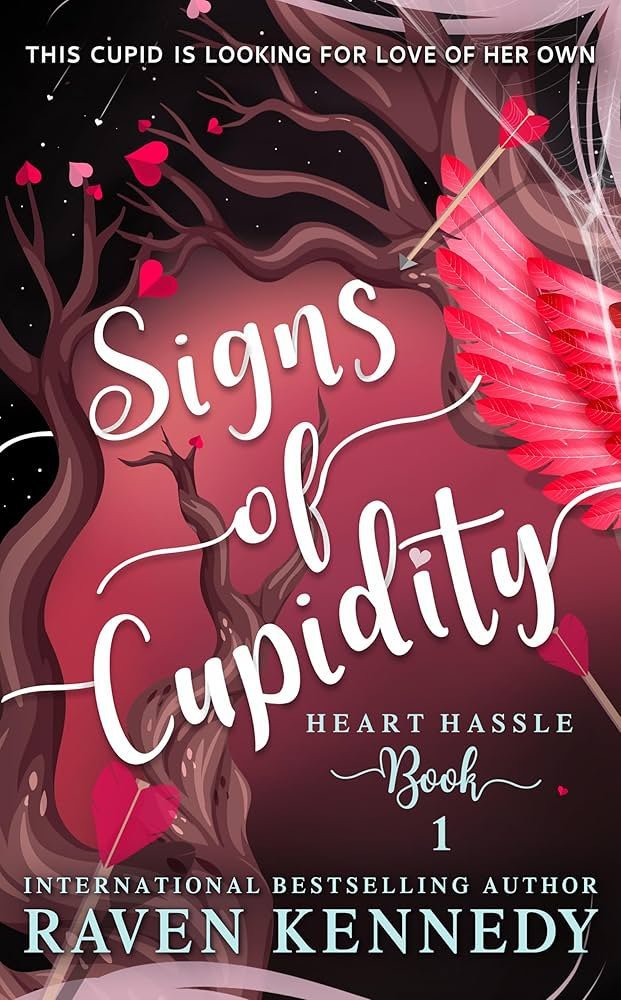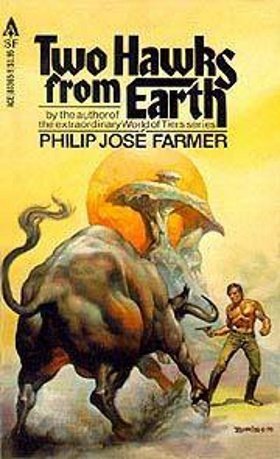She got somber. “Did he scare you off this? Did he hurt you?”
“Naw. He’s a nut—but he’s no killer.”
“What did he say?”
“Swears he never laid eyes on Reynaldo—and I believe him. And he loved Emil, plain as day. I mean, he visited him in jail. Did you know that?”
She shook her head. For a second, I almost told her about the stupid video, how they double-crossed her, but just then it started to drizzle, and anyway it seemed so inconsequential now. I pulled the envelope from my inside pocket.
“I gotta do this, Cin. I came to give Charles his money back.”
“Oh. So this is about the money?”
“No, of course not, but—”
“Adam. What do you think we’re doing here?”
“In this courtyard?”
“No, not in this courtyard—in this life.”
I didn’t answer.
“You think it’s just some kind of coincidence that Mr. Elkaim called on you? He picked you because he trusts you.”
“Yeah, I’m honored, but—”
“This is a man that believes in divine purpose—and he gave you one. I knew it the second you showed up.”
“Cin, I’ve got work to do.”
“What work—carting around strangers? Living like a lone wolf. You are making such a big mistake. This will follow you wherever you go and you know it.”
“Maybe. But I also know that you are risking your life for an old man who’s going to die soon anyway.”
“Not just some old man. The only man who ever treated me like a real father—the father of the love of my life.” She stopped herself and gave me a compassionate look, just this side of pity. Then: “You got a love of your life?”
I hesitated at the funny question. “I don’t think so.”
“Well, if you find one, you are going to hold on to every last thing that connects you.” I started to smirk and she said, “No, I’m serious, Adam. You will never know a minute’s peace till you have peace with the people you love.”
The rain picked up. I shoved the envelope back in my pocket and made for the glass doors, but she followed, grabbed my arm, and stopped me.
“Please. Let him sleep. Let him dream. He only wants his Emil back.”
“I can’t give him that.”
“But you can give him hope.”
“Hope for what?” My whisper went hard. “It isn’t safe here, Cinnamon. You should go home.”
Softly but firmly, she said, “This is home. I finally made it home.” Then she pulled the sliding glass door and stepped inside.
I left her sitting by his side in the dark and backed out the door, closed it, and staggered down the gray nursing home hall, agitated, panicky, and confused. Ten steps and I stopped in my tracks, looked over my shoulder and almost ran back—to plead maybe—but for what? She was ready to face the music, the impasse, put everything on the line while I fled like a coward. I turned for the door and a silver drinking fountain down the long hall stole my gaze—a vision—the ghost of Herschel standing there, bent over the arc of water, bent on survival. He turned his phantom face to me and a memory surged, one of those strange interruptions so vivid, it throttled me as I pushed out the door and made my way back to the car and sat behind the wheel, paralyzed.
The impasse. My impasse. The last phone call.
I was twenty-nine—that sobering age—no idea Herschel’s health was failing. I knew he was at the Shalom Terrace but visiting was out of the question—I wanted to spare him fresh bad news. I was broke again, flat broke, in debt and out of work. Maxed-out credit cards—for the weighted keyboard, the ProTools M Box, Logic software, eight-channel mixer, Carl’s Jr., etcetera. Then the unemployment checks ran out. In a panic, I did the job counseling thing—the lady they assigned me had that Resting Judgy Face. In some kind of kamikaze move, I confessed my dream—to become a professional songwriter. She managed to translate this to mean performer and went on a twenty-minute spiel about how I needed to be willing to play birthdays and weddings and bar mitzvahs. When I said, “Will I need to buy a clown suit?” she faked a smile. She had me marked as one of The Doomed.
Now I sat in my car but could not turn the key, eaten alive by flashbacks. Bahari was right. I was Mr. Unfinished Business. The last phone call—I held it off.
Next memory came like chain lightning. From the defeat of career counseling, I got a real estate broker’s license and entered the ninety-day New Salesman program at Keller Williams—the senior partner who came in twice a week to mentor had this odd verbal tic. “When the person client seller individual is seeking and desiring to unload their home house domicile residence—” A complete loon. But he was a closer. I, on the other hand, was not a closer. Every way a broker can, I dropped the ball. The office manager, overhearing me trying to make a phone sale said, “Jesus, Adam—stop being so damn gushing.” But how could I be anything but? I was walking wounded, gushing blood.
And I had such ambitions! Crazy ambitions!
I was going to be Jerome Kern and Dorothy Fields or Lennon-McCartney, except in one person and during the twenty-first century. I was going to be Berlin, Porter, Dylan, Newman, and Buffet—the madman hubris of it, crazy enough to believe…no, not believe, to talk myself into believing. This was the primary business of my psyche—the talking oneself into. And I’d hit the wall, the place where you just can’t. The selling off of my gear was painful—one guy offered to buy my portable Tascam DR-100MKIII stereo recorder for $170—half of what I paid. I met him at Echo Park Lake, handheld recorder in my grip, and he got there fifteen minutes late with six $20 bills—$50 short. I thrust the damn recorder in his hand and walked off with the cash. Rent was eleven days late and I’d gotten into a fender bender with insurance lapsed. I needed exactly $1,450 to stay off the street.
And so I did the unthinkable. I called Uncle Herschel at the Shalom Terrace.
Now, sitting alone in my car in the rain, the last phone call came to me as crystalline and uncontainable as the rivulets streaming down the window.
I called from a park bench.
A nurse picked up and went to get him. The wait was endless. In the background I heard television, coughs, the delirious anti-quiet of midafternoon nursing home life.
Finally, Herschel with that gruffness: “Hullo?”
The last time I ever heard that voice, that hello.
And I’d said to him, explained in my cloying way, that I was desperate, the real estate thing had not worked out, and was there any way he could float me—a bridge loan—until…
“Genug.” He shut me up quick and furious. “Enough. You and I both know I am going to give you the money, so come and get the check. But don’t tire me with another story, Adam. Instead, ask yourself: Then what? These songs—you aren’t a little boy anymore.”
“What’s that supposed to mean?”
“It means there comes a time when a man must face his limitations. A man—”
“Please, Uncle Herschel, don’t. I just need a short-term loan; you don’t have to dress down my whole character.”
“What character? Character is dropping every job? Living in a shoe closet?”
“That’s not what I mean. You don’t have to insult my music.”
“I am talking about your music—if you had what it takes you wouldn’t be in this predicament. Time’s up.”
“You don’t know that. You can’t say that. People tell me I’ve got something, they say—”
“Adam, what is going to happen to you when I’m gone? Who are you going to borrow from then?”










